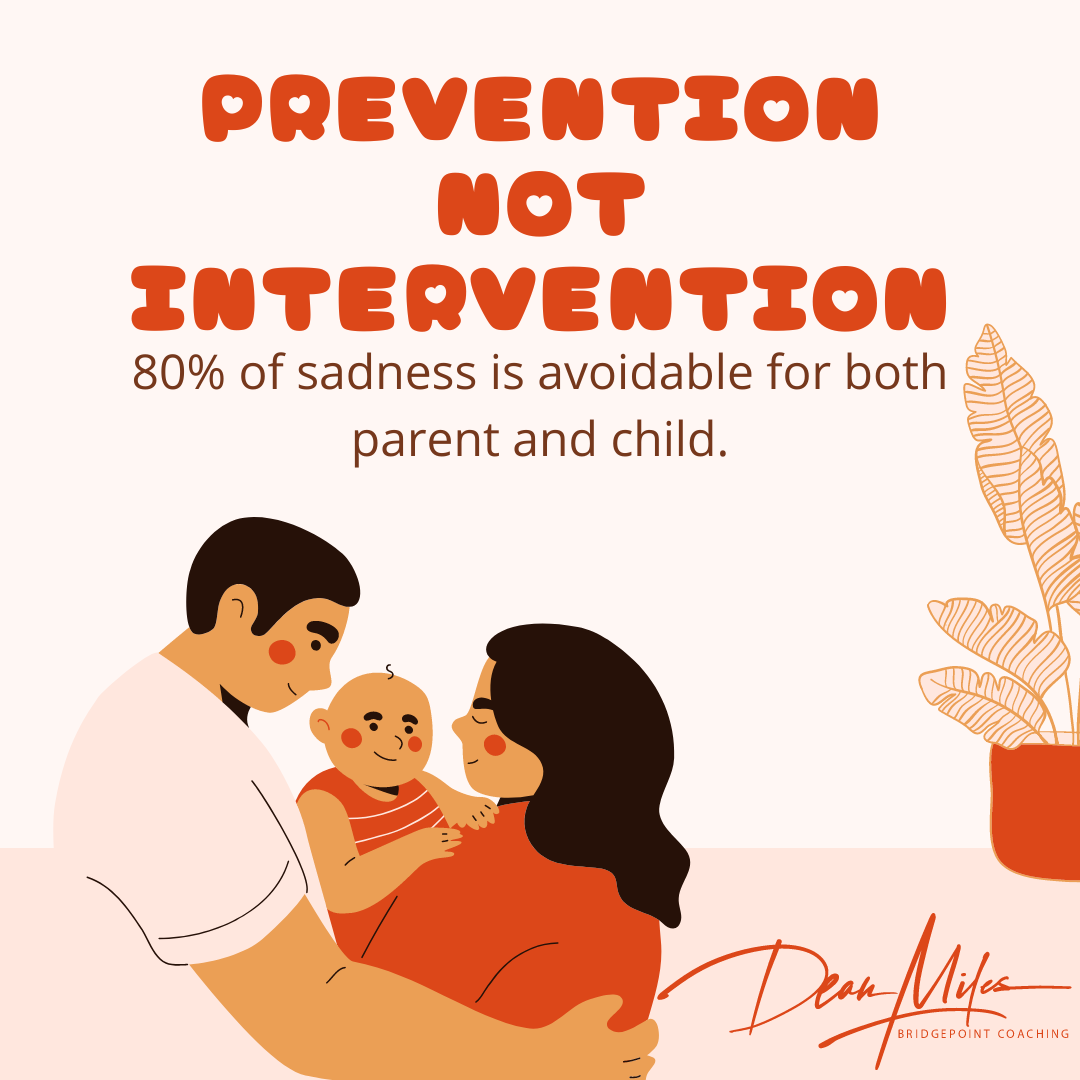Jun07

If there’s one thing all parents can agree on, it’s wanting to see your child succeed in life. Unfortunately, life comes with challenges, and many of these challenges can take a toll on your child’s physical and mental health. Adverse childhood experiences (ACEs) are a type of negative event that can have lasting effects on a child’s health and well-being. ACEs can include things like family turmoil, emotional distress, and exposure to violence. Each time a child faces an ACE, it increases their risk for health problems later in life. An adverse experience doesn’t guarantee a future problem, rather, it heightens a child’s future risk of mental health problems, injury, risky behaviors, infectious or chronic disease and lack of income or educational opportunities. Most notably, as it relates to this topic, ACEs can increase the risk of depression, anxiety, suicide and PTSD. The CDC estimates as many as 21 million cases of depression could have been potentially avoided by shielding children from these adverse experiences.
According to a study by the University of Michigan, 80% of parents report being "very satisfied" with their parenting skills. However, only 60% of those same parents feel "very engaged" in their child's life. The study found that the majority of parents who are not engaged in their child's life cite a lack of time or energy as the primary reason. Parents love their kids but tend to not put in the effort to be actively engaged in their lives. By doing this, they prevent themselves from becoming true wellsprings of knowledge for their children.
If you're a parent, then you know that there's no manual to raising a self-reliant child with high self-esteem. You want your child to listen, respect and trust you, but it's not always easy to achieve those goals. Research tells us that the most effective way to raise a self-reliant child is to be authoritative rather than authoritarian. It's important to be consistent, firm and loving as your child grows and develops. The challenges will change, but your approach should remain the same.
By being an engaged parent, who is consistent and loving, you can prevent a lot of the avoidable sadness that your child will experience in their lifetime. 80% of avoidable sadness, to be exact. It's a daunting statistic, but one that you can make a dent in simply by being more engaged with your child's life.
By Dean Miles
Keywords: Health and Safety, Health and Wellness, Mental Health
 Lateral Moves: The Most Overlooked Succession Strategy in Companies
Lateral Moves: The Most Overlooked Succession Strategy in Companies The Asset Play: Timing, Structure & Global Arbitrage
The Asset Play: Timing, Structure & Global Arbitrage  The Orchestra Needs a Conductor: Why Multi-Model Agents Require H2E Governance
The Orchestra Needs a Conductor: Why Multi-Model Agents Require H2E Governance The Role of Memory in Modern-day Business
The Role of Memory in Modern-day Business The Architectures of Permanence: A Comparative Analysis of the "Big Three" AI Strategies (2026)
The Architectures of Permanence: A Comparative Analysis of the "Big Three" AI Strategies (2026)